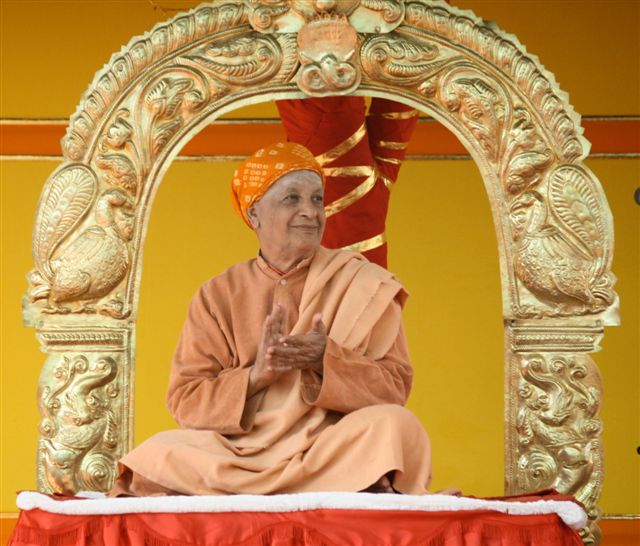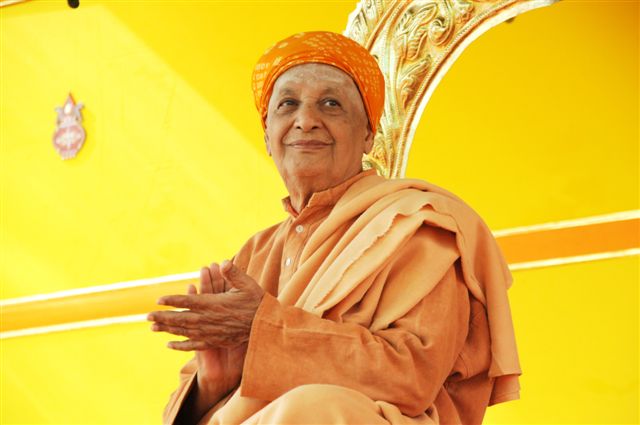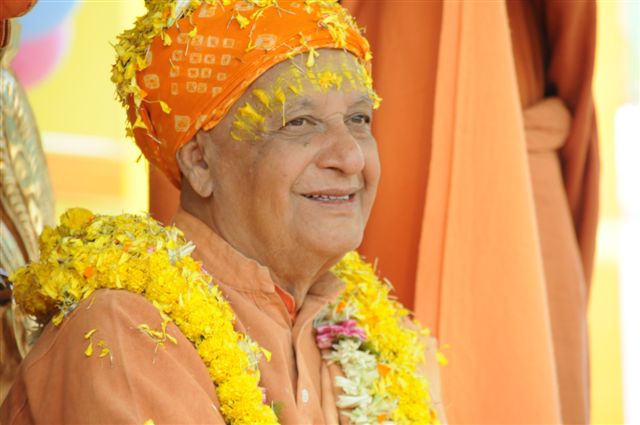Swami Satyananda Saraswati
What does prasad mean? Prasad means pleasure, happiness. It is the reverse of pain and sorrow. Prasad does not mean presents or gifts – prasad means happiness. That which causes elation in your heart, which makes you very happy, is called prasad.
The children will distribute the prasad as we wish to banish meanness from our society. By and large people are very tight-fisted and you know that miserliness is the weakest point in man’s character. Therefore, children should learn early in life how to share their pleasure with their fellow beings. They should imitate the habit of giving. Giving good samskaras in the formative years will bring about changes in their attitude to life. To give prasad is a meritorious act and to offer prasad is a person’s first duty.
We do not call prasad donation or alms. We call it honour. We have deleted the words donation and alms from our dictionary. We will honour the village folk first, as they are our distinguished guests, then the elderly people and widows, followed by the Santhali labourers who have worked ceaselessly for twelve long years to construct this ashram.
Practical gifts
The gifts of the yajna have to be practical because they are given to the poor people around us who don’t have much. Whatever you give should be useful. A poor man needs a lantern and a bottle of kerosene oil, not a transistor or tape recorder. In yajna the significance of a gift is that it is for the ordinary person. Rich people should be givers rather than receivers. A gift is not just to please someone, not just to pass on your emotion to someone. Gifts should have some practical purpose, to help a person in need, whether it is a blanket, a pashmina shawl, a pair of shoes, an umbrella, a satchel for a school child, a compass or a pencil case. A poor man has certain definite needs in life, especially in this country.
Gifts have to be offered pragmatically. A newborn baby requires nappies, which is also practical too as such useful things can be had cheaply. These rural folk, whose welfare is supreme to me, cannot use microwave ovens or gas ovens, as a gas cylinder for the oven would cost more than two hundred and fifty rupees, and a poor man hardly gets forty rupees a day. With that he has to have his daughter married and look after his medical bills. Therefore, find out what needs to be given.



